
The codirector of the Elliot Lewis Center for Multiple Sclerosis Care discussed the prospective COVID-19 vaccination booster and its implication for patients with MS.

The codirector of the Elliot Lewis Center for Multiple Sclerosis Care discussed the prospective COVID-19 vaccination booster and its implication for patients with MS.
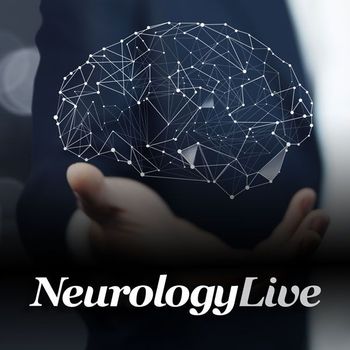
Current evidence showed little knowledge about the long-term effects of transcranial direct current stimulation in improving patients poststroke.

"Mind Moments," a podcast from NeurologyLive, brings you an exclusive interview with Deena Kuruvilla, MD.

Investigators identified a potential dose-response relationship between lower systolic blood pressure and rate CPAP-adherence rates in those with both OSA and type 2 diabetes.

The registry aims to enroll approximately 800 patients with NMOSD to evaluate the efficacy of new medications and treatments.

Investigators note the potential effectiveness of integrating trunk-oriented exercises with existing conventional programs.

The director of IT and Neuroinformatics Development at the Buffalo Neuroimaging Analysis Center discussed the potential advantages AI-built neuroimaging brings to neurology.
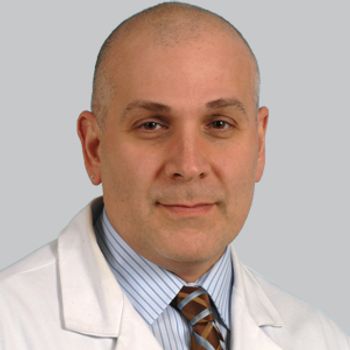
James E. Galvin, MD, MPH, provided thoughts on the struggles to raise dementia literacy and awareness in underserved, rural, ethnically diverse populations through the ongoing pandemic.

In addition to his work study pimavanserin in treating dementia-related psychosis, the director of the Banner Alzheimer’s Institute commented on the potential for aducanumab in Alzheimer disease.

Every patient who underwent physical therapy reported a positive change, ranging from moderately better to much better, while 9 patients on placebo did not notice significant changes or reported worsening of their condition.

Catch up on any of the neurology news headlines you may have missed over the course of the last month, compiled all into one place by the NeurologyLive team.

The director of Banner Alzheimer’s Institute spoke on the importance of biomarkers in Alzheimer disease, as well as the ongoing improvements in digital technologies.

Although infusion-related reactions were among the most frequently reported AEs, most patients did not experience them, and the majority of those who did reported mild to moderate reactions.

The assistant professor of neurology at Harvard Medical School provided insight on how to improve care for posttraumatic headache, as well as limitations and benefits to nerve block surgeries.

Investigators extended the follow-up period of the RESTART study, which concluded that antiplatelet therapy was safe for up to 5 years following intracerebral hemorrhage.

The association of modASPECTS and outcome persisted even after adjusting for stroke risk factors that may have independent associations with poor outcome and age at stroke ictus.

Following the COVID-19 pandemic, investigators are seeing a shift towards remote trials in an effort to avoid participants having to be in-person at a brick-and-mortar site.

Jacobo Mintzer, MD, MPA, discussed a wide range of Alzheimer disease related topics, including the use of methylphenidate, reactions to AAIC, and the aducanumab approval.
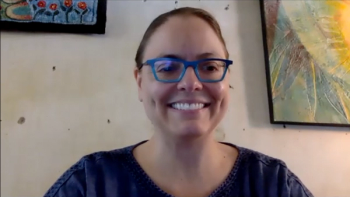
The assistant professor of pediatrics and neurology at the University of Colorado School of Medicine discussed the importance of headache research in gender minorities.
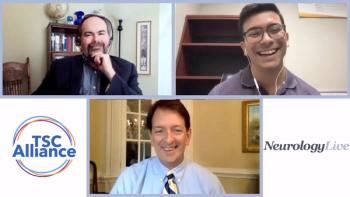
Peter Crino, MD, and Steven Roberds, PhD, join NeurologyLive to discuss several topics regarding the state of care for tuberous sclerosis complex, and the future of and advances in research.

Here's what is coming soon to NeurologyLive.

Both short and long sleep durations were associated with worse self-reported cognitive function and multiple lifestyle outcomes, suggesting a U-shaped association.

Investigators evaluated the effect of pain on sleep disturbance and vice-versa over time, finding stable differences between patients in sleep and pain.

Discussing the key takeaways for clinicians when it comes to treating this patient population, the assistant professor of pediatrics and neurology at the University of Colorado School of Medicine emphasized the need to improve communication.

Older adults with CI were found to require a significantly higher number of visits during home health care episodes, particularly skilled nursing visits.

The 50% responder rate was 58.3% at 12 months and 50.0% at the last visit, with corresponding seizure freedom rates of 23.2% and 20.5%, respectively.
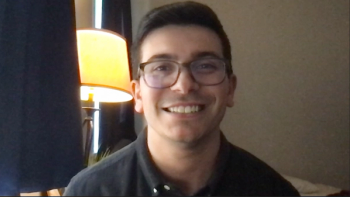
Neurology News Network for the week ending September 4, 2021.

Two study authors provide commentary on data that suggests that offering clinicians more perspective into the individual patient experience can help inform care for those individuals with DRP.

Craig Martin, CEO, Global Genes, offered his inside perspective on the multistakeholder initiative and the fruits it hopes to bear for patients with rare CNS diseases.

Take 5 minutes to catch up on NeurologyLive's highlights from the week ending September 3, 2021.